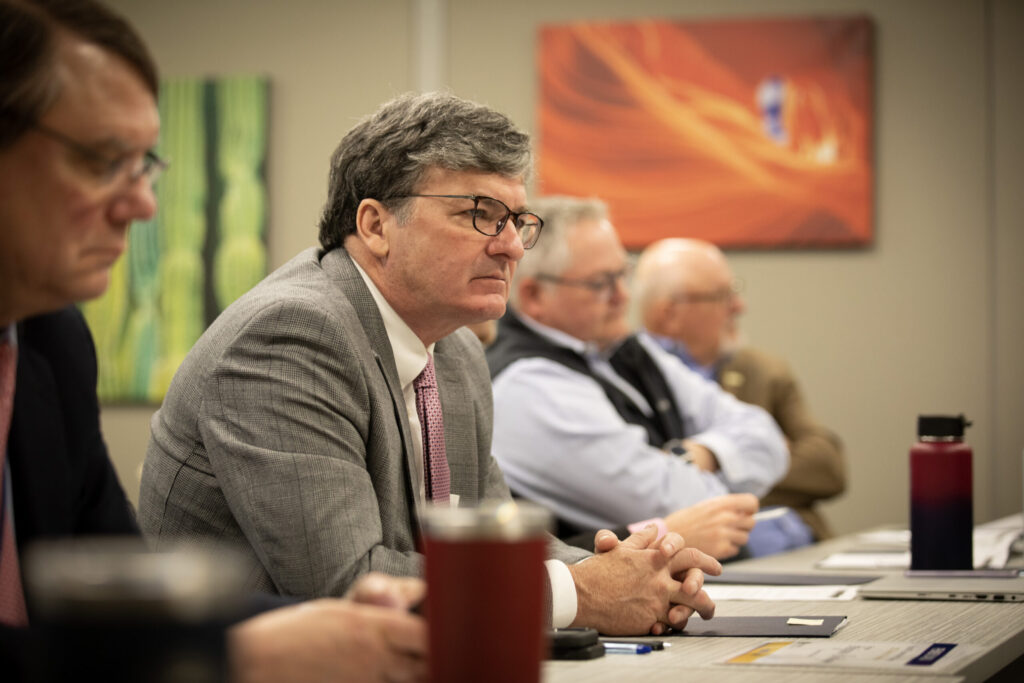As transportation infrastructure becomes a focal point of national policy, Pennsylvania stands out with its ambitious projects and strategic planning. Under the guidance of Mike Carroll, the state Department of Transportation has seen significant developments in bridge repairs, road paving, and the expansion of electric vehicle infrastructure. These efforts have been largely bolstered by unprecedented federal funding under President Biden’s administration.
In a shifting political landscape, marked by the upcoming transition to a Republican administration under Donald Trump, Carroll remains focused on celebrating accomplishments and preparing for potential policy changes. The state has successfully utilized over a billion dollars in federal aid for a range of projects, including road and bridge construction, broadband expansion, and electric vehicle charging stations.
Notable Achievements
PennDOT has been recognized nationally for its efforts in improving or replacing over 200 bridges previously rated in poor condition, surpassing other states in this regard. Despite owning one of the largest bridge networks in the country, Pennsylvania has reduced its number of deficient bridges dramatically, from over 6,000 in 2008 to just under 2,300 today.
Additionally, the state has paved more miles of roadways this year than in the past decade, thanks to increased federal and state funding. This financial boost is partly due to the reallocation of state police patrol costs from PennDOT to the general fund, freeing up more resources for infrastructure improvements.
Another significant achievement is PennDOT’s initiative to establish electric vehicle charging stations along interstate highways. The state was among the first to implement this federal program, with plans to open 150 stations over the next three years, costing $171.5 million.
“I’m proud of the work we’ve done,” Carroll remarked, emphasizing that the department aligns with Gov. Josh Shapiro’s directive to “get [stuff] done.”
Looking Ahead: Policy Changes on the Horizon?
As Trump prepares to take office, he has expressed intentions to decentralize certain federal programs, potentially impacting transportation policy. One program at risk is the federal tax incentive for electric vehicle purchases, a key element of Biden’s climate agenda.
Carroll, however, remains optimistic about the federal role in transportation. He noted, “You campaign in poetry, but you govern in prose.” He believes that Congress will play a crucial role, maintaining that there is strong state support for federal involvement in transportation.
The need for a revised national transportation funding model is becoming increasingly pressing, especially in Pennsylvania, where over 70% of funding relies on gasoline taxes. As electric vehicles become more prevalent, gas tax revenues have plateaued, posing a challenge amid rising inflation.
To address this, Pennsylvania has introduced a $200 annual fee for electric vehicles. A future shift to mileage-based fees is anticipated, but it will require comprehensive participation from all states and could take over five years to implement fully.
Despite these challenges, Carroll is confident in the continued success of his department, asserting that it will keep meeting the transportation needs of Pennsylvania’s 13 million residents. He stated, “That is a monstrous job, but it is one that we will continue to do.”
Original Story at www.unionprogress.com

